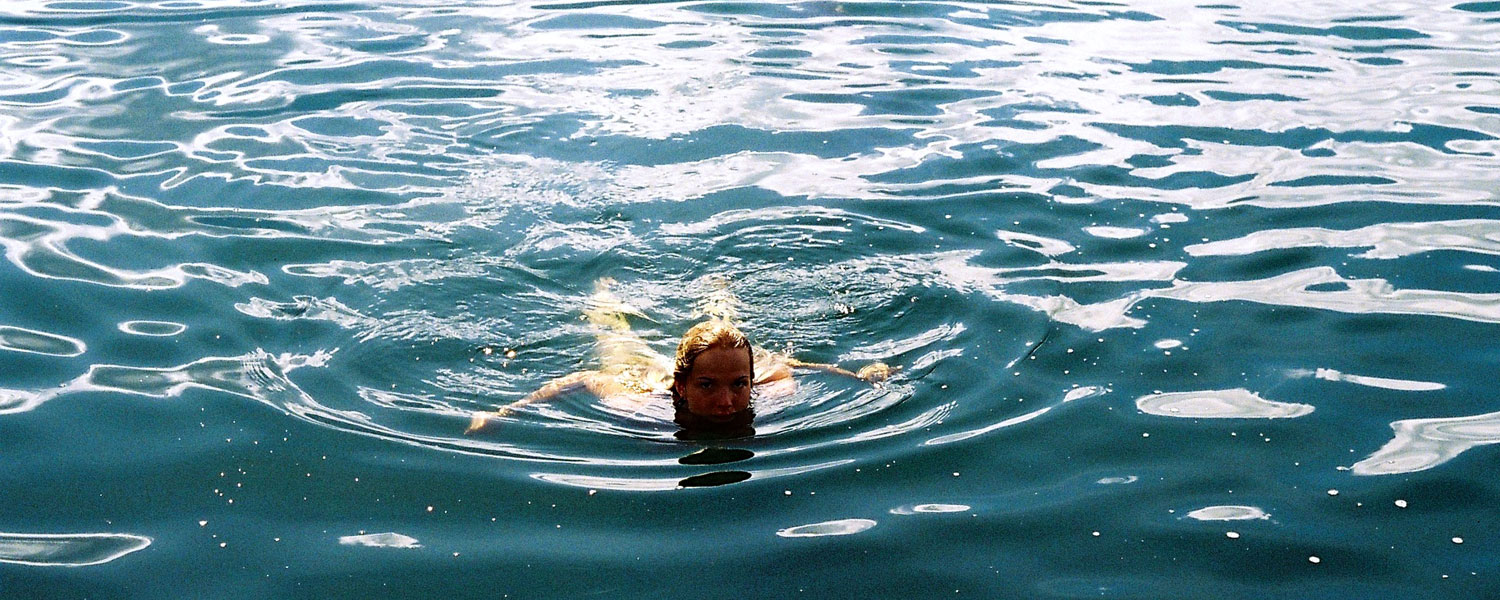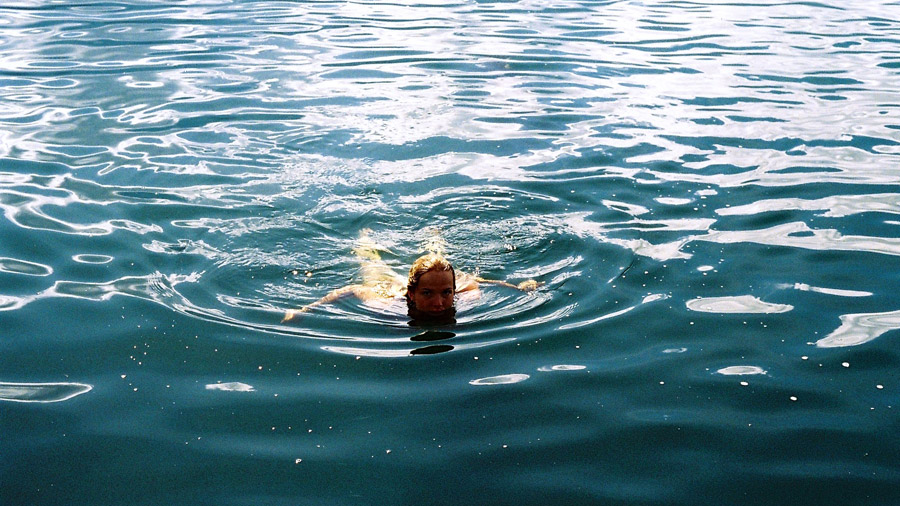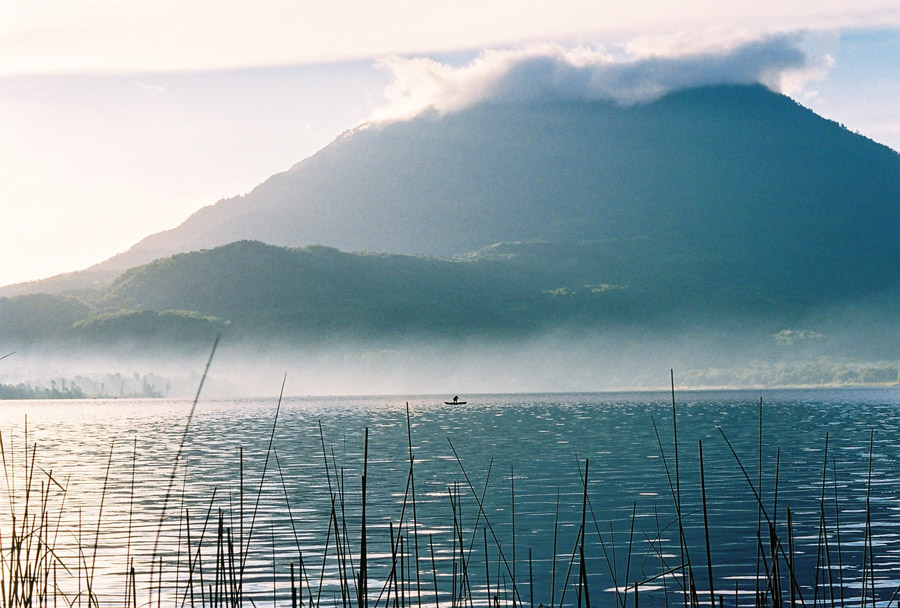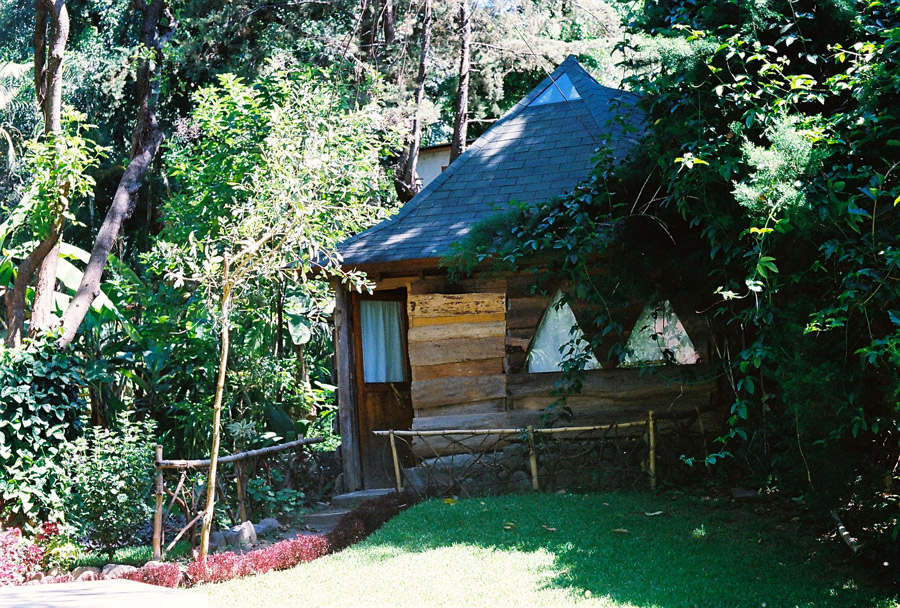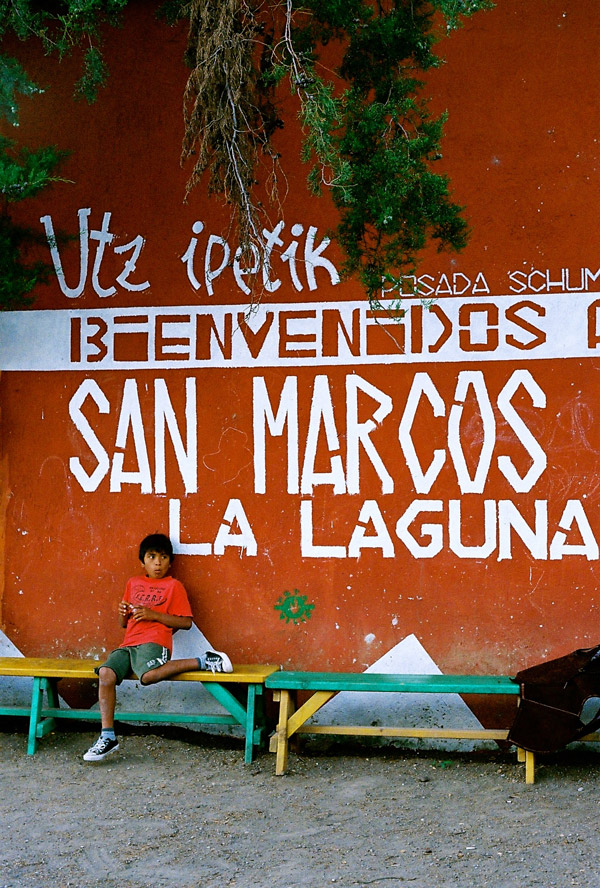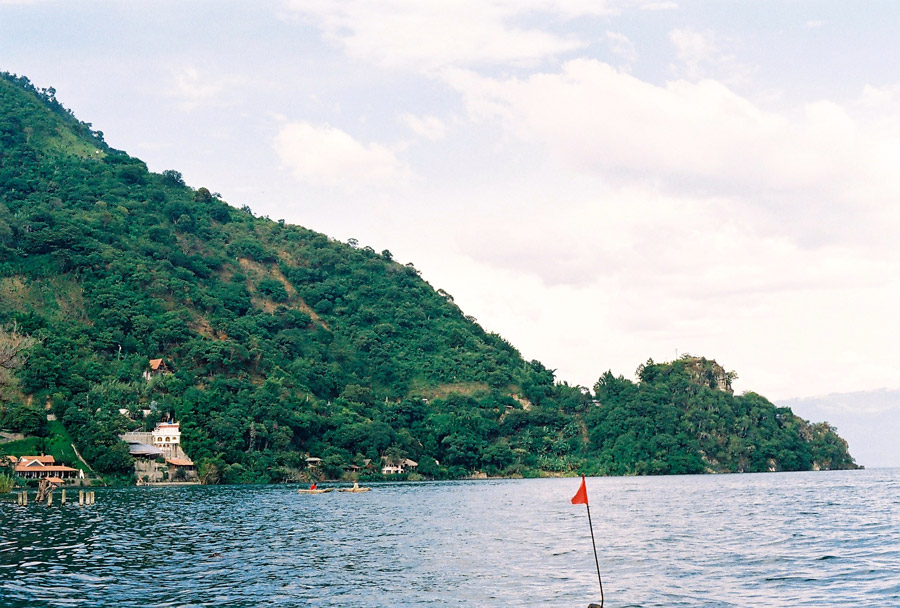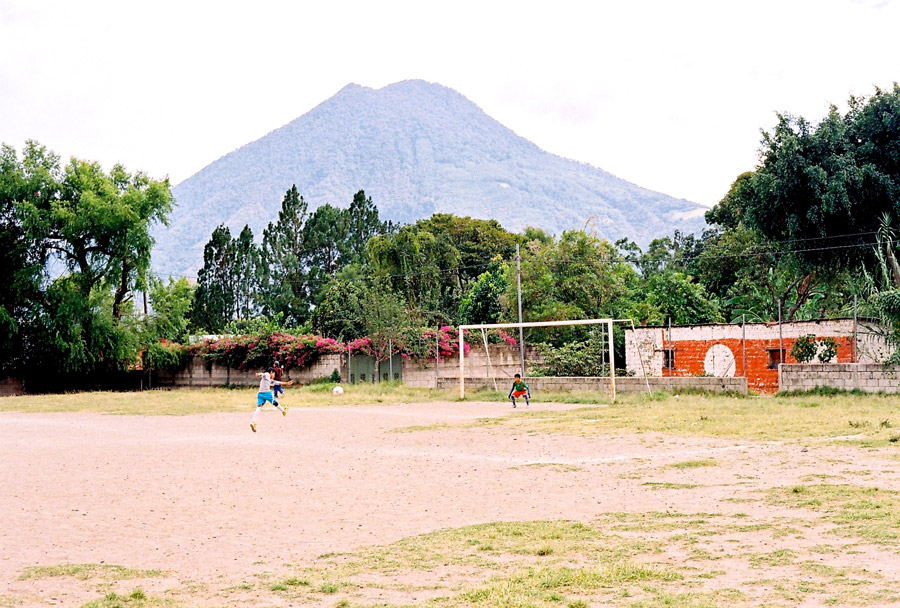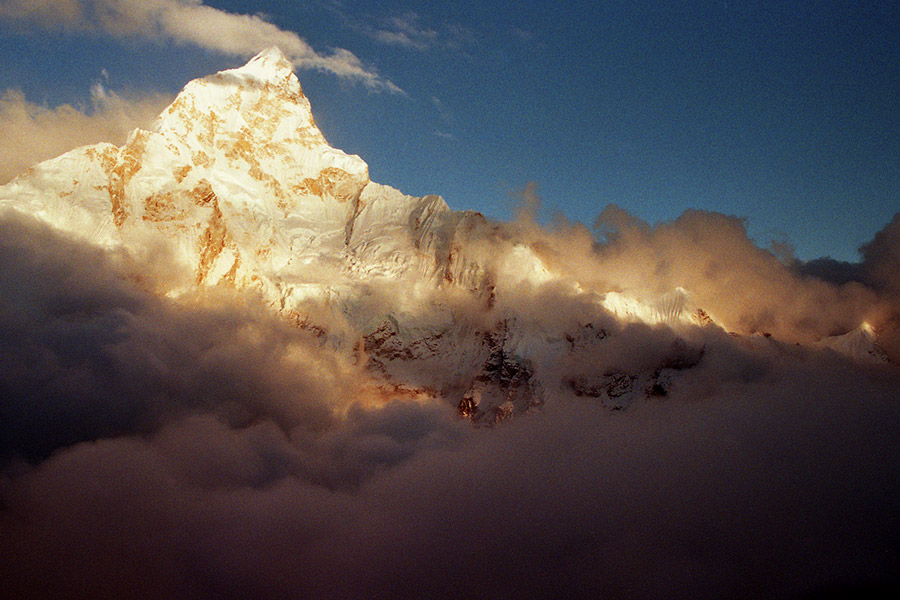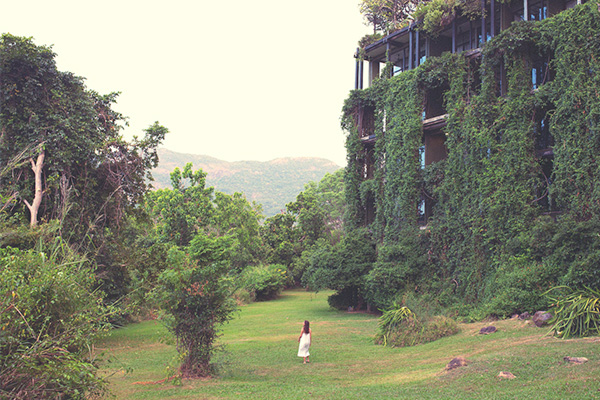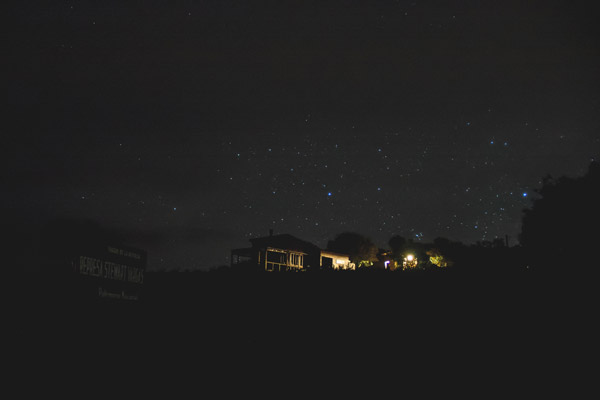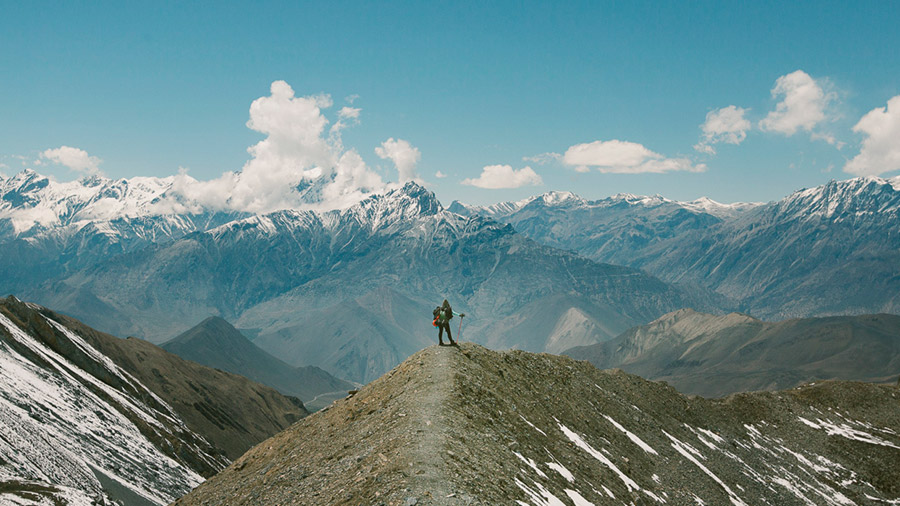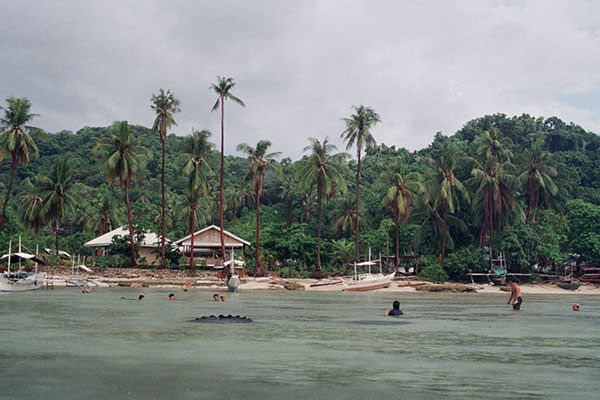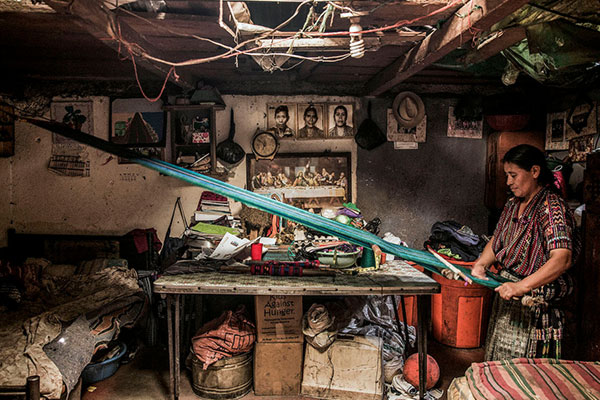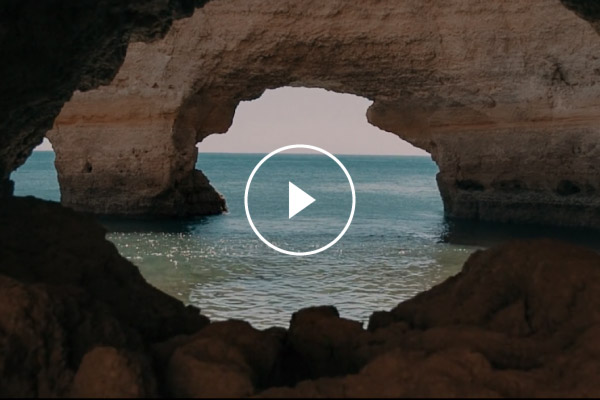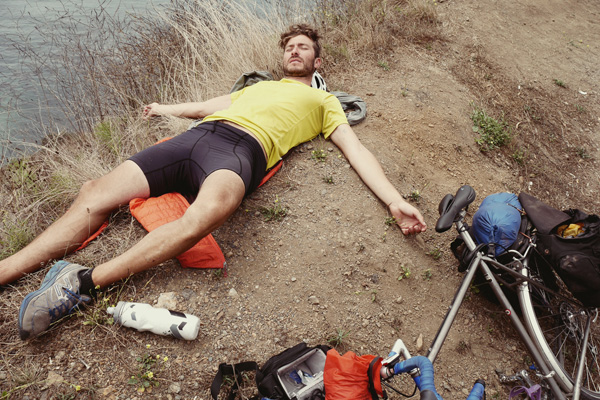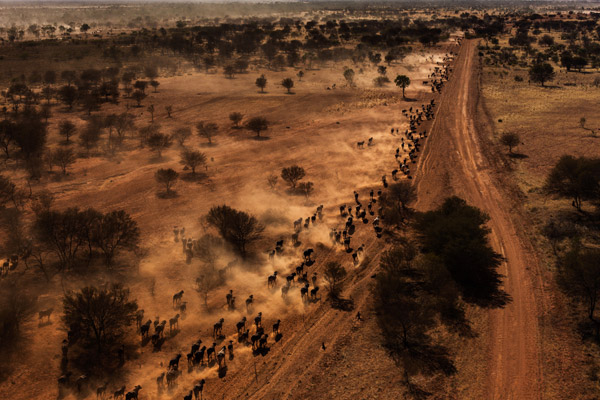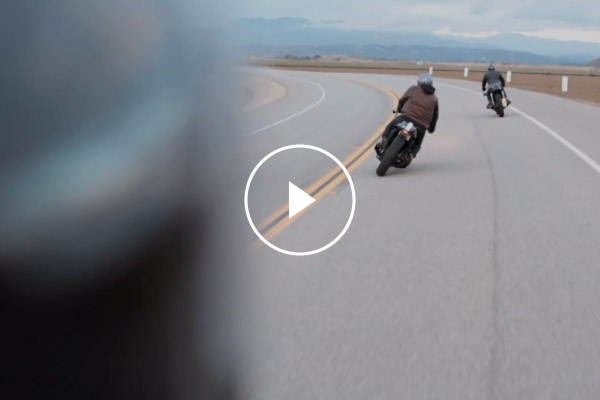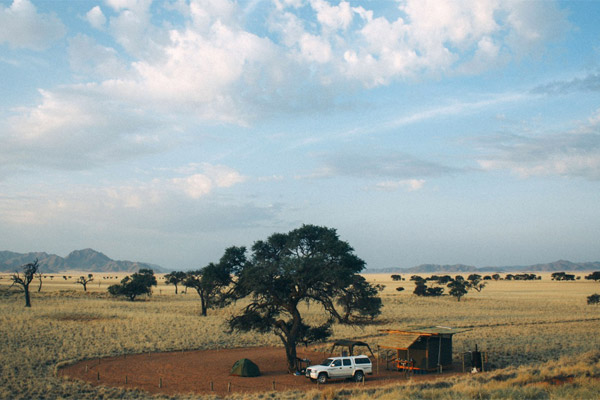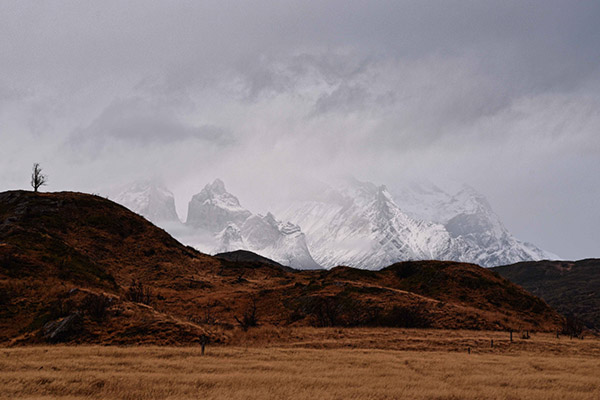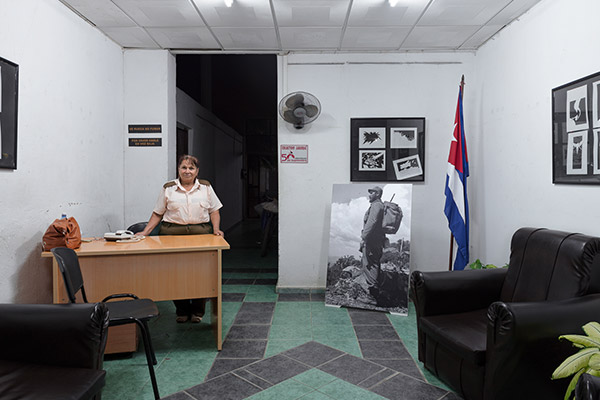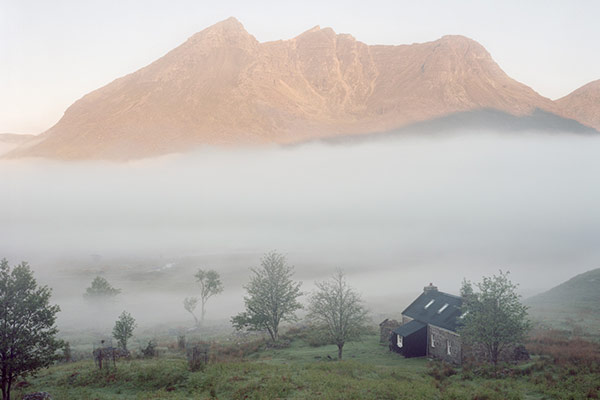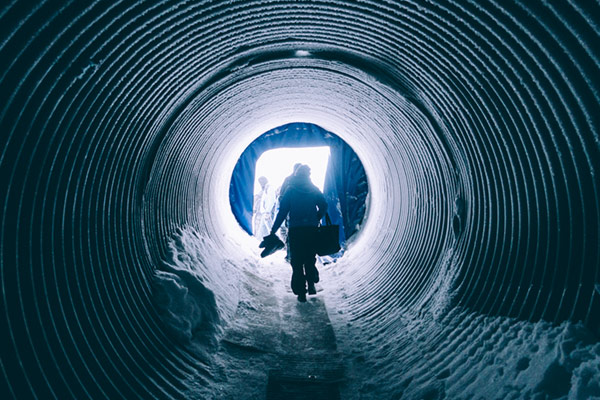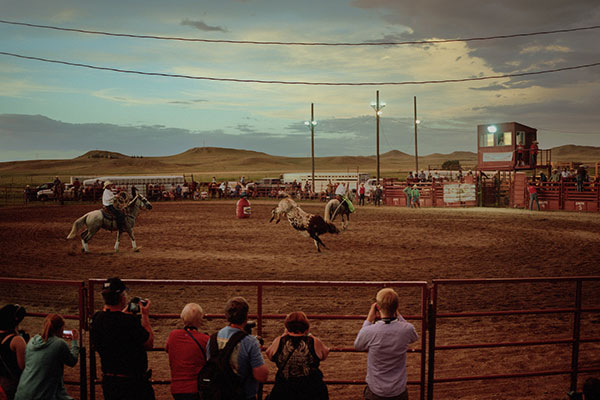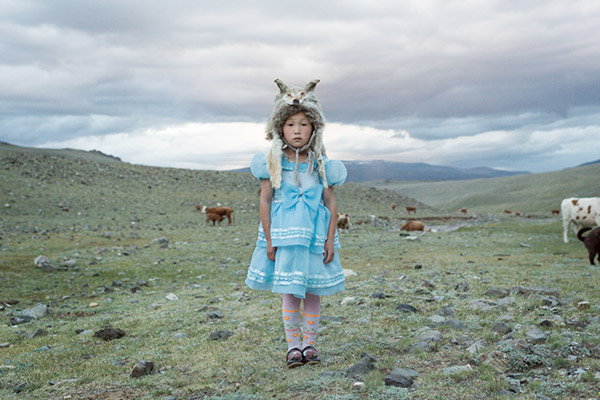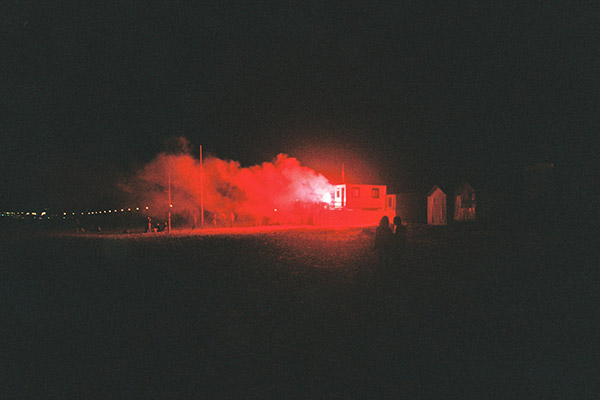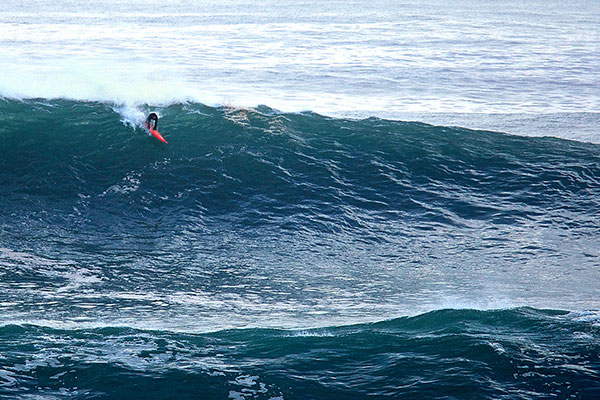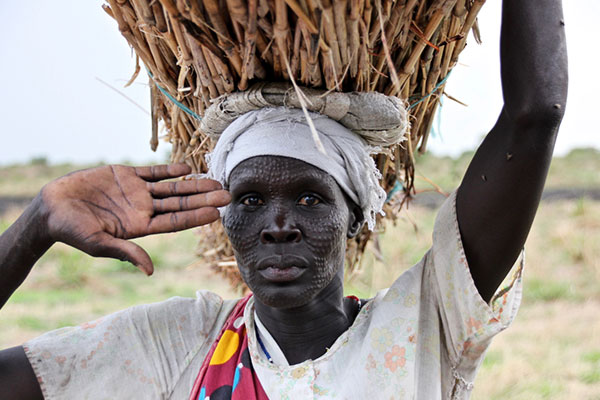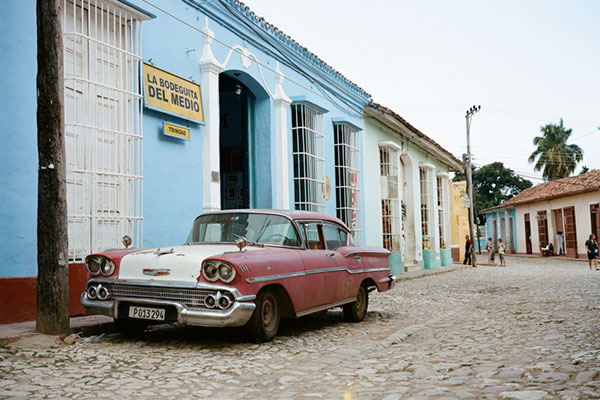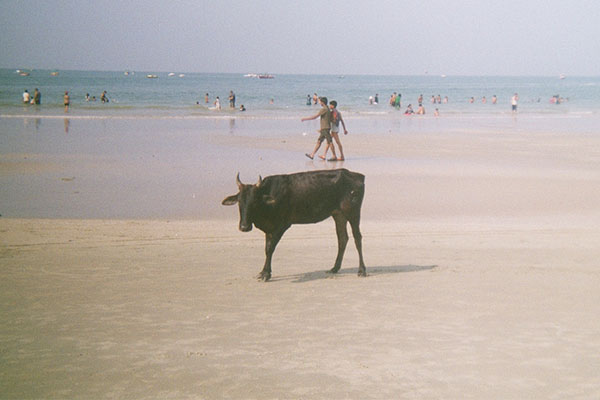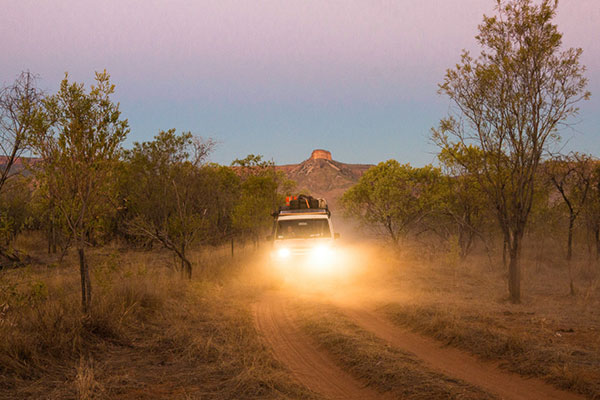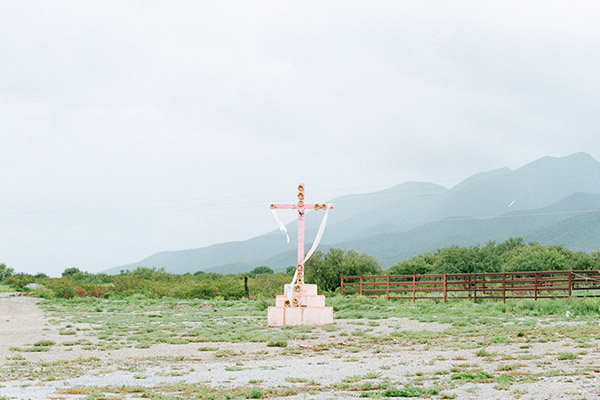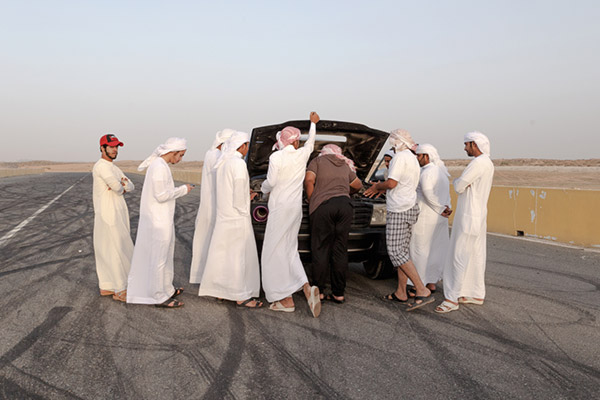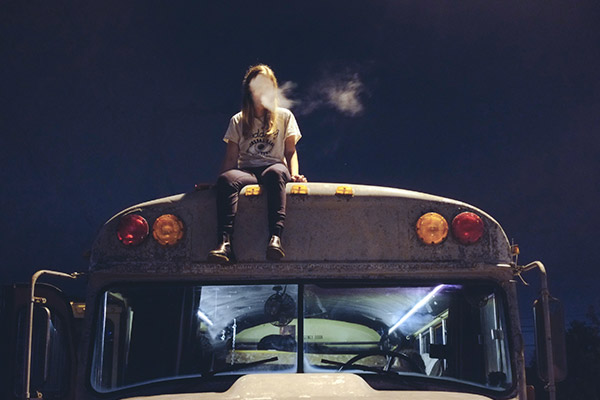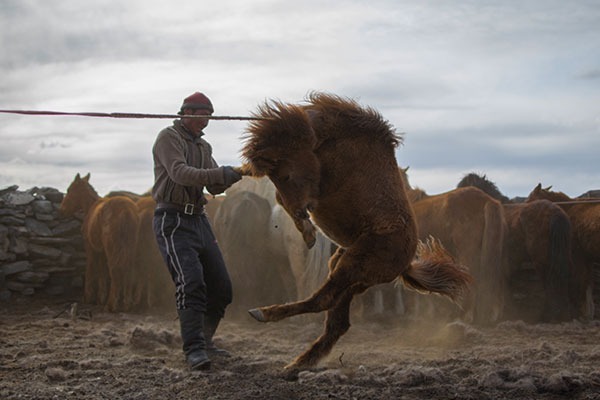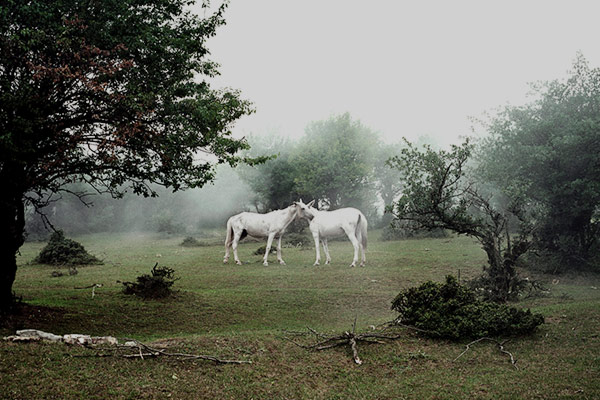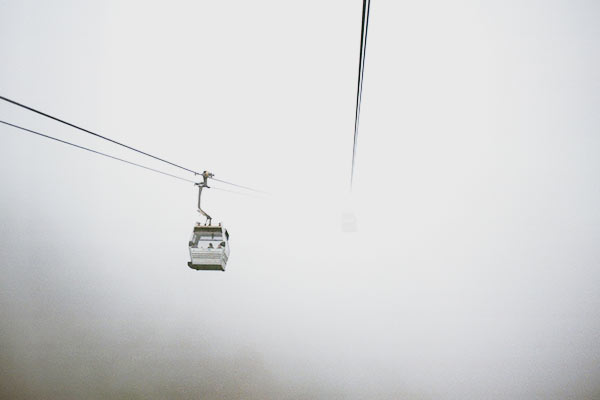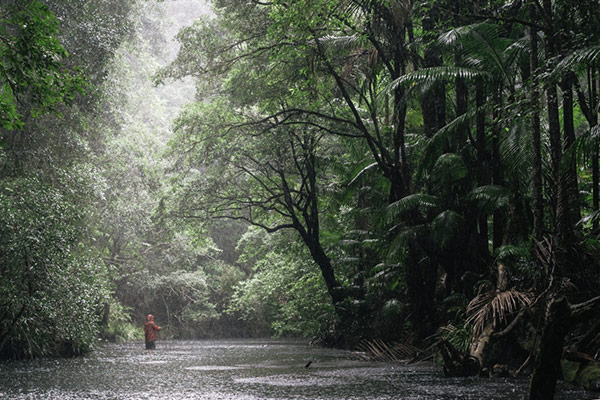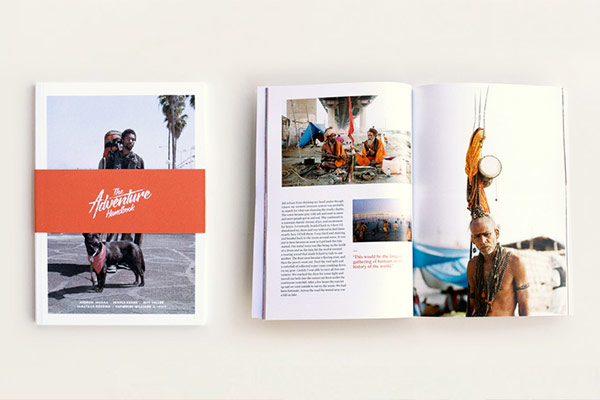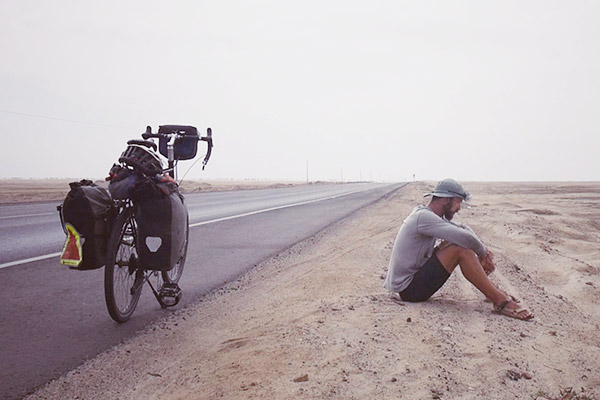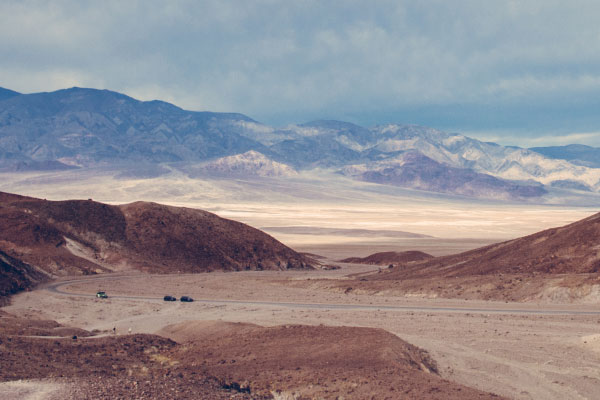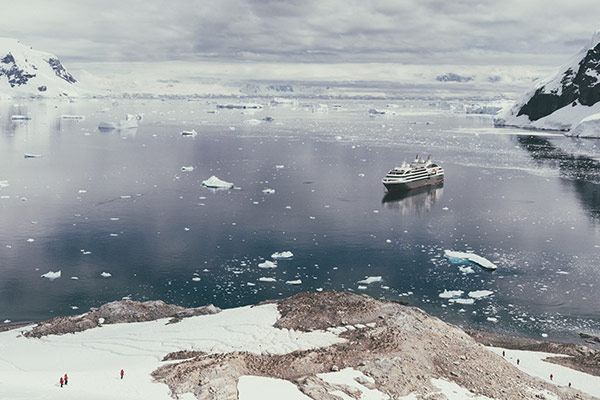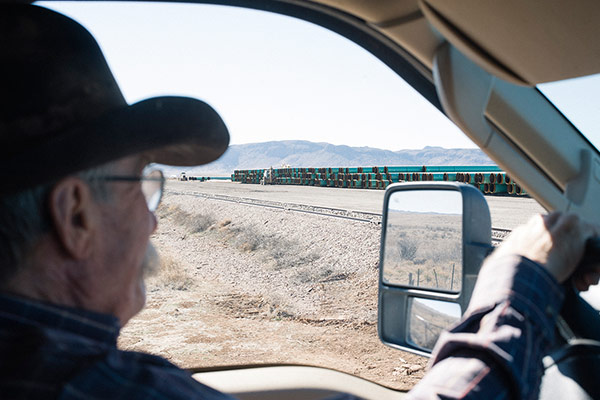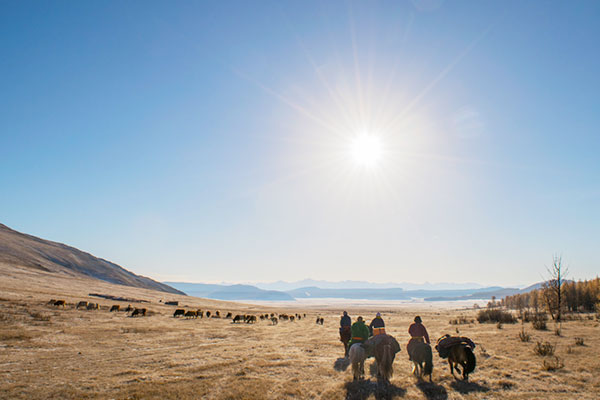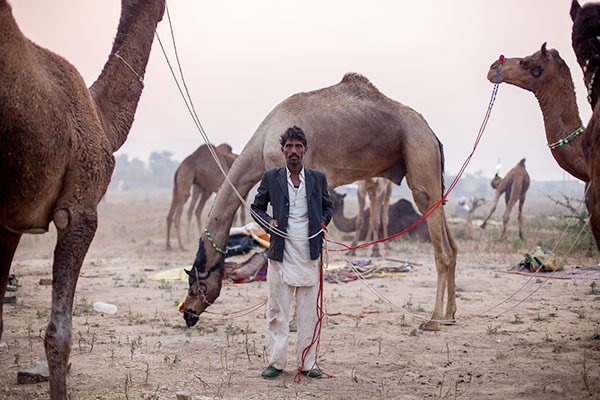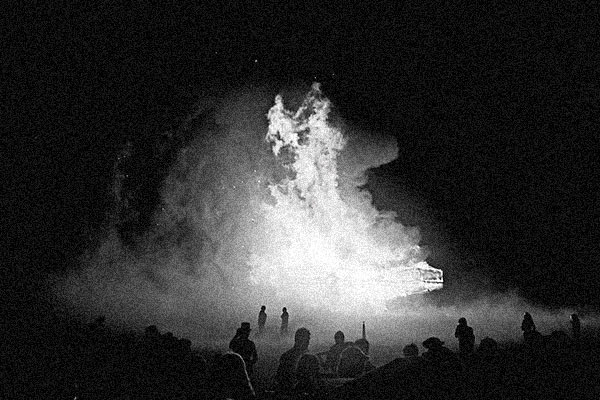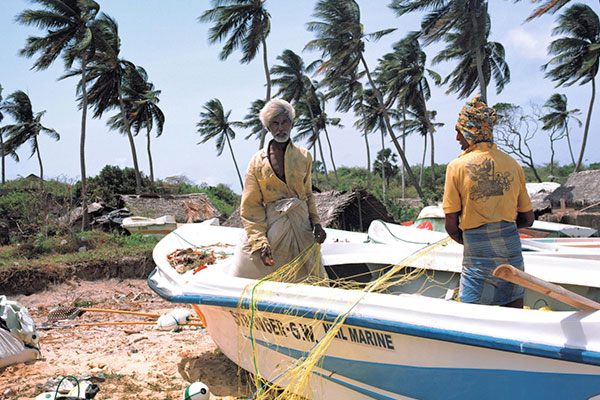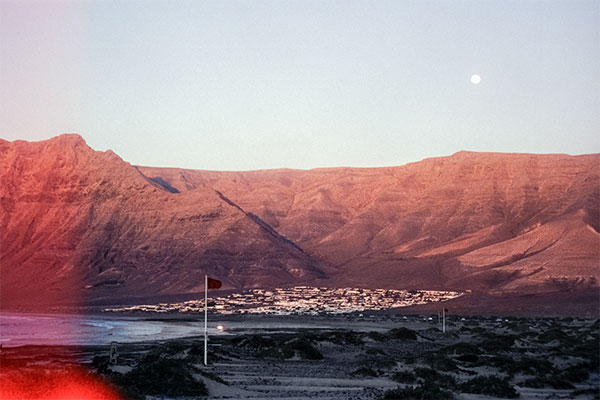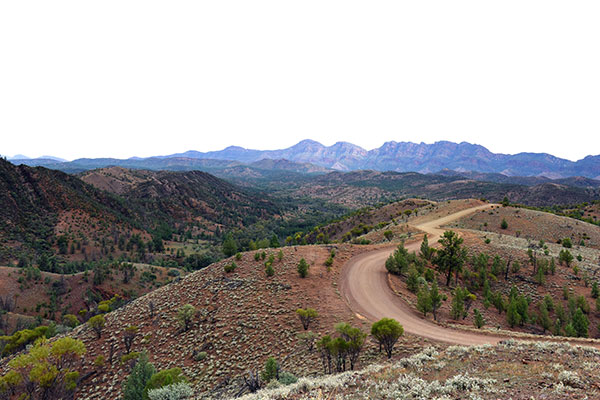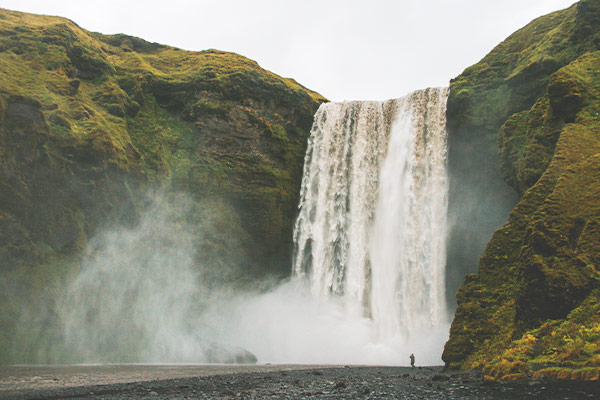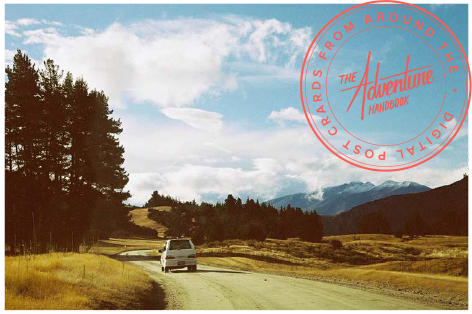After travelling through the Guatemalan Highlands of the Sierra Madre de Chiapas mountain range, I arrived at Lago de Atitlán. We travelled across the lake on a small boat. I could see the faint outline of several immense volcanoes. There have been few moments in my life when I have felt completely transfigured by my environment, and this was one.
“We travel, some of us forever, to seek other states.” – Anais Nin
It took almost an hour to reach the other side. Our boat was moored at the entrance to the sustainable community and the property’s guardian Juan, a local Guatemalan from the village of Chakaya, greeted me at the dock. I was led through a labyrinth of thatched roof bungalows and luscious gardens. The main structure in the community was lit up with candlelight. It looked like a temple amidst the jungle.
We continued our trek towards the back of the property, climbing a small stone staircase that led to a cabin in the treetops. The floorboards creaked and swayed perilously atop 20-meter high stilts. I was left on my own for the night. Despite the enchanting glow of the moonlight on the lake, nothing could have prepared me for the beauty that would emerge in clear daylight.
I rose to meet an arresting view of the region. The atmosphere was warm and dense. A myriad of plant species expanded in all directions, each one containing its own unique pattern, the textures rich, almost multidimensional. New sounds echoed through the tree canopies. Strange insects crooned, hummingbirds and toucans called, and beyond that the distant hum of small villages surrounding the lake.
Though there are many areas around Lake Atitlan that are still untouched, the shores of the lake are littered with abandoned holiday homes that have been swallowed by the ever-rising height of the water, which grows at least one meter each year due to heavy rainfall in the wet season.
Wealthy tourists who seek waterfront locations, unlike the local Guatemalans who build high in the mountains, have watched their properties sink underwater. Every 50 years or so a volcanic eruption occurs, which cracks open the basin of the lake and drains the water out, keeping those far enough away from the water safe for another half century.
Often I would wake in the night, shaken from sleep by a trembling volcano. There was one night when the vibrational force was so strong my bed shifted across the room. The experience, had it occurred back home in Australia, would have terrified me. By the Lake these vibrations came to pervade everyday existence. A constant reminder that the Earth is alive and well, powerful beyond comprehension, with the ability to create, maintain and destroy life as it wishes.
After months with no electricity, Internet or caffeine I had shed my city skin. Our food was harvested from the on-site permaculture gardens, any left overs were then composted and fed back into the land. Meals were communal and most nights were spent around the fire pit with a plethora of instruments. If it was warm we would go for a night swim, if it was cold we would climb in to the temezcal – an igloo shaped sauna built from volcanic rocks.
The days were long and slow, full of creation and embodiment. I was awake before the sun came out, practicing and teaching yoga classes, writing and taking workshops, and hiking during the afternoons. The thought of home, of sitting at a writing desk in front of a computer drinking too much coffee, seemed like a different lifetime. These are the paradoxes that we learn to live with though. From where I sit now writing this story, living this time of my life over again through story, it seems equally as contrasting from this end of the spectrum.
One of my favorite authors Anais Nin articulates this gesture beautifully when she says of storytellers, ‘we write to taste life twice, in the moment and in retrospect.’ There are some experiences that are so potent and affecting that their taste lingers. I can still recall the sensory experience of my time at Lake Atitlan. The sights, sounds and smells are as vivid as ever. Perhaps that is because when we have an experience that is out of the ordinary it is stored in an airtight compartment of the memory, safe from the moth eaten fabric of the mind.
On my last afternoon in Guatemala, while packing my bag and mentally preparing for a 38-hour transit back to Melbourne, a white wall of mist spilled over the mountaintops and raced towards the lake like a stampede of white horses. I watched as the men travelling on kayaks faded out of sight. The temperature dropped and I could no longer see more than one meter in front of my own body. The mist encapsulated everything. The silence became intense. I stood frozen in awe of this natural phenomenon.
It is moments such as this that keep me awake and eager to live. Unknown, incomprehensible, whatever you choose to call them, it is these inherently mysterious experiences that continue to fuel the call to adventure. Those who are born explorers will spend their entire lives seeking these alternate states – if only to be possessed by a single moment of fleeting wonder.
Story and images by Shannon Powell
Receive a postcard from us sign up


